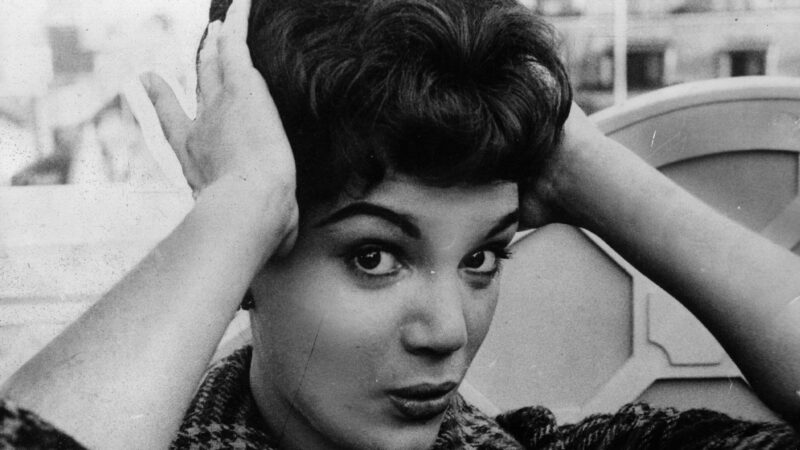Alabama Health Officials Say COVID-19 Vaccine Safe For Pregnant Women
Among the various reasons for vaccine hesitancy, one of the most prominent and personal is a concern about the COVID-19 vaccine’s potential effect on pregnant women or those who might soon want to become pregnant.
Alabama doctors and health officials took those concerns head-on Thursday, seeking to reassure women that the vaccines are safe and effective.
During the Medical Association of the State of Alabama’s weekly live Facebook event, state health leaders said all of the latest medical data and research shows the COVID-19 vaccine does not have any adverse effects on maternal health or fertility in women.
Dr. Mimi Munn, a maternal-fetal physician professor and chair of the obstetrics and gynecology at the University of South Alabama, said the nation’s top OBGYN doctors and associations recommend pregnant women get vaccinated.
“Data is accumulating every day on the COVID vaccine on pregnancy, and so far everything looks very reassuring,” Munn said.
State Health Officer Dr. Scott Harris also gave an update on the state’s current situation with COVID-19 cases, which he says is growing at a rate they have never seen before during the pandemic.
“We are pretty concerned about what the next three to four weeks are going to look like, just because of the rate of increase of cases,” Harris said.
Harris said they are now seeing more than 3,000 new cases a day for the past three days and hospitalizations are approaching 1,900 which is about a 10 fold increase from where they were four weeks ago.
Munn said in recent weeks she has noticed more younger women needing to be hospitalized because of COVID-19 and that the virus does increase the risk of negative outcomes for pregnancies.
Munn also said studies have shown the vaccine to be safe for breastfeeding women and that while some reports have shown that women’s menstrual cycles have become irregular, that is most likely due to stress.
Harris said while hospitals are more prepared to deal with a surge of cases than when they were at the beginning of the pandemic, the rapid increase in hospitalizations could still put a strain on them.
“If we get to the numbers we had back in January, I don’t know if our hospital system can handle more than that,” Harris said. “That becomes an issue where you just don’t physically have the space to put people and you don’t have the staff to take care of those people.”
The most hospitalizations Alabama has seen at one time was 3,084 in January 2021.
“I am very alarmed by the increase in numbers and the severity of illness, and again for me, it’s science. The risk for what is happening to women is now higher than any worries about side effects from the vaccine, which again I have not seen any,” Munn said.
Harris also said while the state keeps working to increase Alabama’s vaccination rate, everyone — regardless of their vaccination status — should wear a mask while in indoor public areas due to the highly infectious nature of the COVID-19 delta variant that is now widespread across the state.
Louisiana police chiefs charged in immigrant visa fraud scheme
Three current and former police chiefs, a marshal and a business owner were charged with falsifying police reports in a years-long visa scheme in Louisiana.
Settlement reached in investors’ lawsuit against Meta CEO Mark Zuckerberg and other company leaders
A settlement has been reached in a class action investors' lawsuit against Meta CEO Mark Zuckerberg and company leaders over claims stemming from the privacy scandal involving Cambridge Analytica.
Senate panel to vote on federal judge nomination for Emil Bove, who defended Trump
The vote comes as scores of former DOJ lawyers and retired state and federal court judges say they fear his intense loyalty to the president would carry over onto the bench.
A ‘Crypto Week’ win: Congress passes 1st major crypto legislation in the U.S.
It was a remarkable win for the crypto industry — and for President Trump, who campaigned on making the country "the crypto capital of the planet."
How did Condé Nast go from dominance to decline? A new book explains
For decades, Condé Nast publications such as Vogue and Vanity Fair were consequential tastemakers. Writer Michael Grynbaum explores the heyday of these magazines and how they lost their footing.
1960s pop star Connie Francis has died. The singer’s life was touched by tragedies
1960s pop star Connie Francis has died. The first female singer to chart a number-one single on the Billboard Hot 100, she sold over 40 million records before the age of 25.







